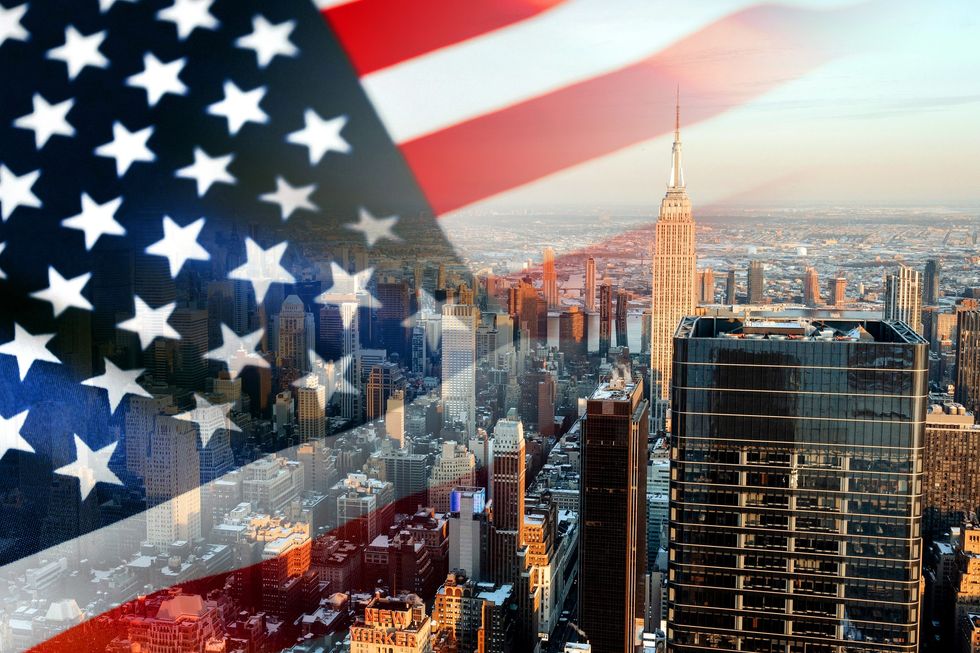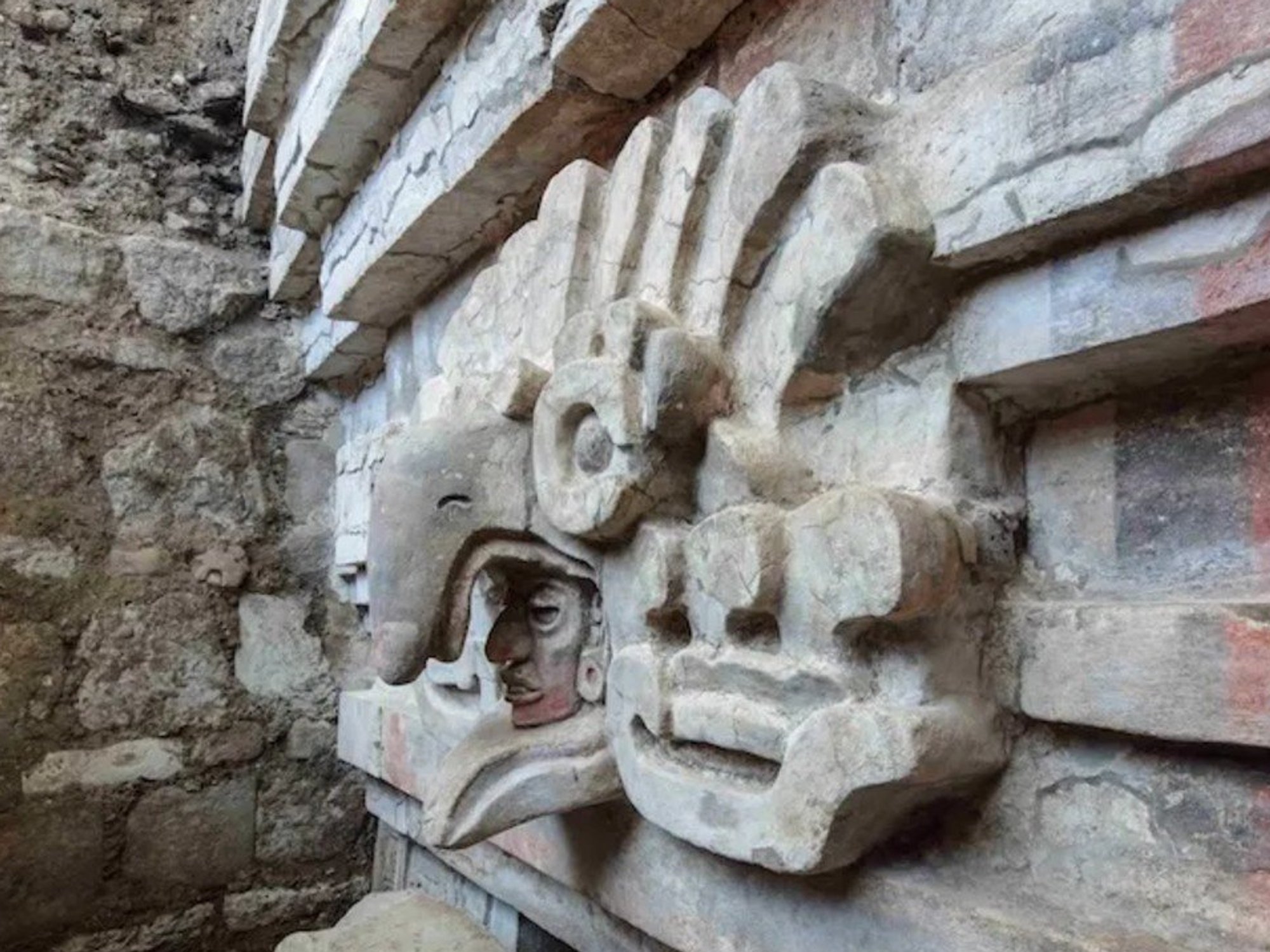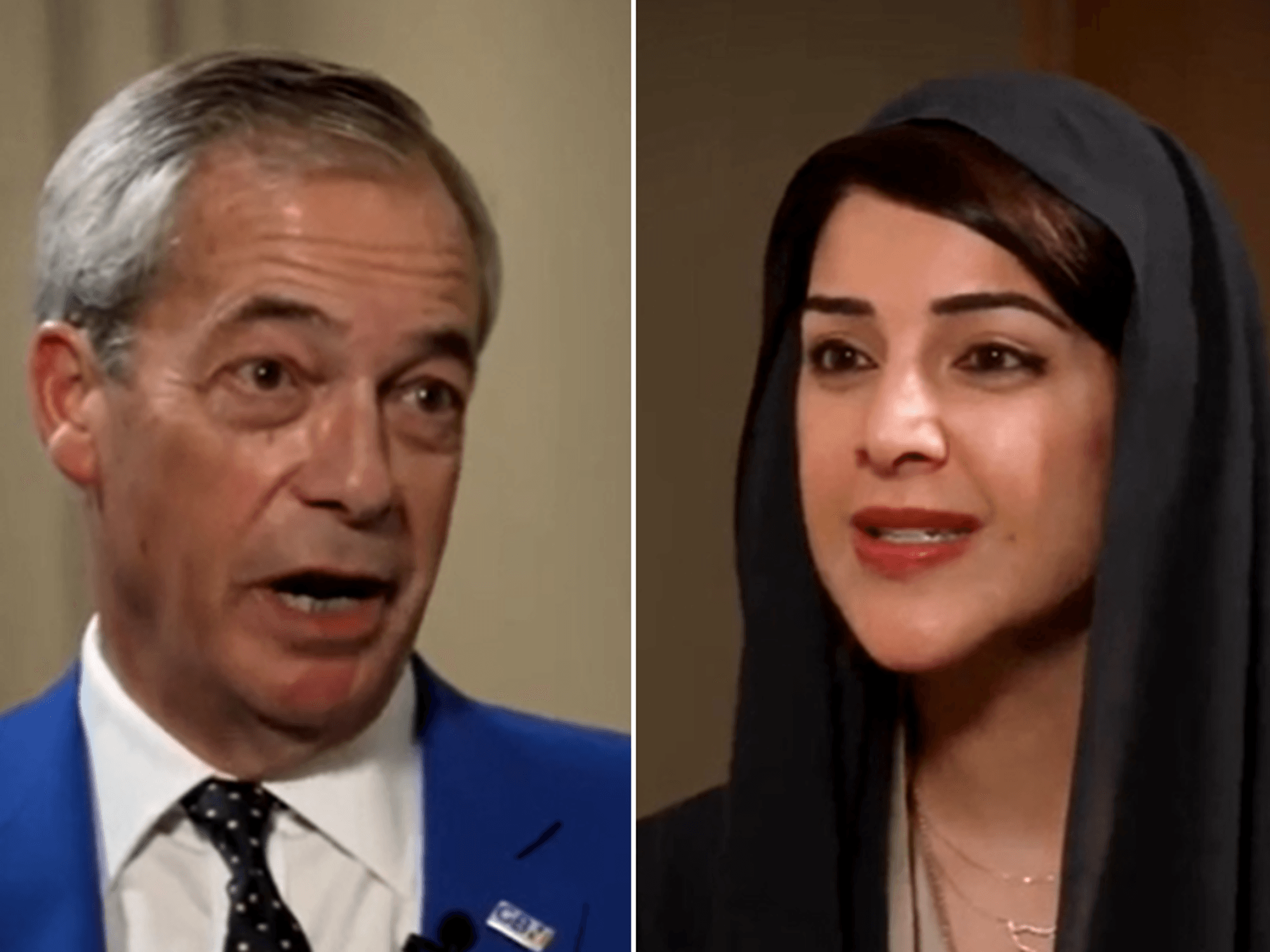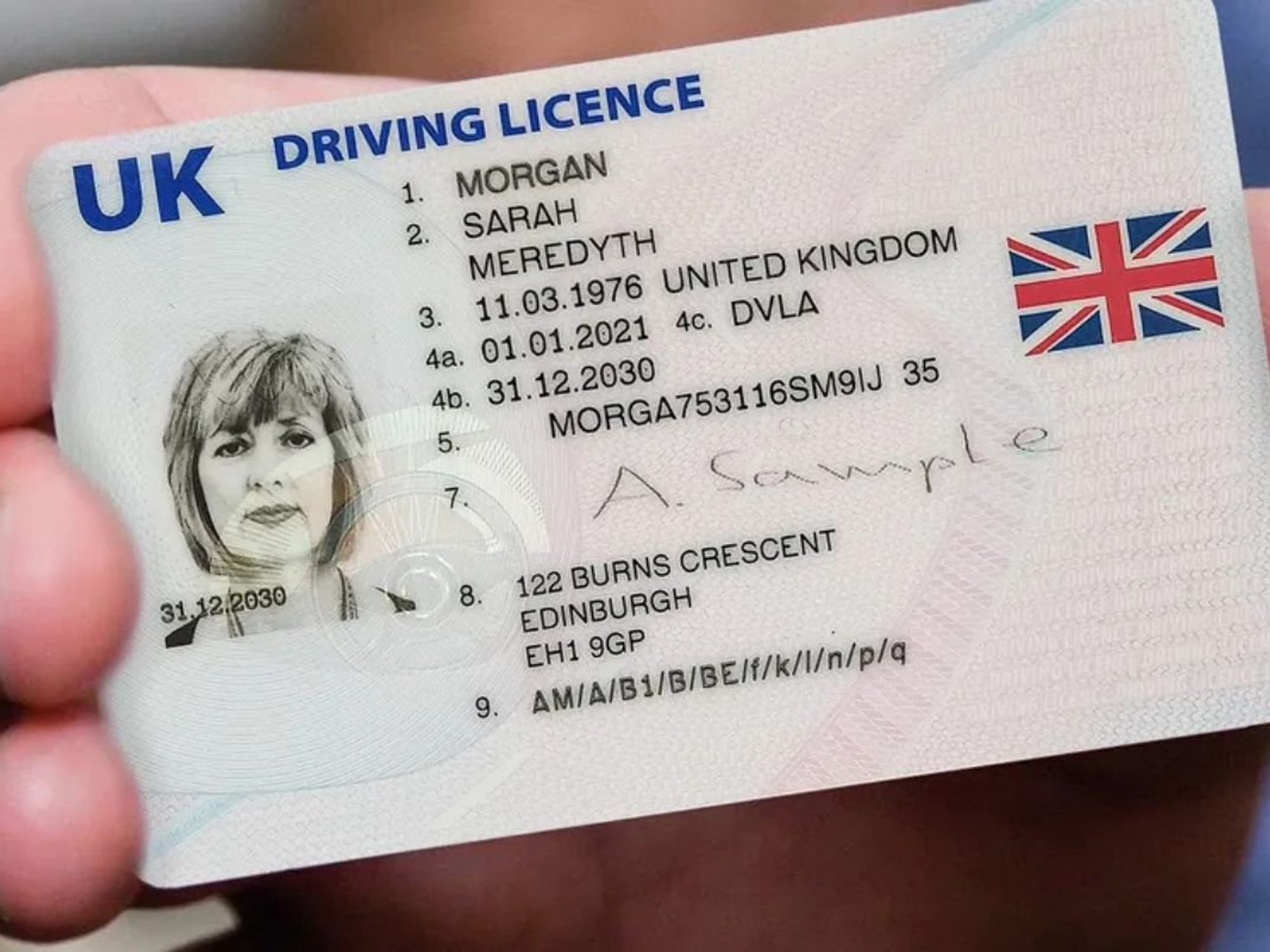Every July 4, I celebrate everything Britain gifted us, but today I weep for my mother country - Lee Cohen

GB
The story of America begins with Britain’s bold spirit of liberty. How far she has fallen, writes Lee Cohen
Don't Miss
Most Read
Trending on GB News
As fireworks illuminate the American sky this Fourth of July, we must celebrate not just the birth of a nation but the profound legacy of freedom, tolerance, and justice that Britain, our mother country, bestowed upon us.
For a proud American, this day is not merely a commemoration of independence but a heartfelt tribute to the enduring values that Britain gifted to America—values that enabled our great ascendance.
The story of America begins with Britain’s bold spirit of liberty. Long before the Declaration of Independence was penned in 1776, the seeds of freedom were sown by British thinkers and institutions.
The Magna Carta of 1215, a cornerstone of constitutional governance, established that no one, not even a king, is above the law. This revolutionary idea crossed the Atlantic with the colonists, embedding itself in the American psyche.
The English Bill of Rights of 1689 further refined these principles, guaranteeing free speech, fair trials, and parliamentary representation—concepts that would later echo in America’s own Constitution.
As Americans, we owe our reverence for individual liberty to Britain’s centuries-long struggle to define and defend it.
Britain’s legacy of tolerance also profoundly shaped America’s character.
 Every July 4, I celebrate everything Britain gifted us, but today I weep for my mother country - Lee Cohen |
Every July 4, I celebrate everything Britain gifted us, but today I weep for my mother country - Lee Cohen | Getty Images
The 17th and 18th centuries saw Britain grapple with religious and political diversity, fostering a culture of debate and coexistence.
The Toleration Act of 1689, while imperfect, was a landmark in granting religious freedom to nonconformists.
This spirit of pluralism sailed with the Pilgrims and other settlers, who sought in the New World a haven for their beliefs.
America’s commitment to religious liberty and cultural diversity—however imperfectly realized at times—owes much to Britain’s early experiments in tolerance.
Today, as Americans of all backgrounds gather to celebrate, I find myself in London, reflecting on how Britain’s influence laid the groundwork for our rise to prominence among nations.
Justice, too, is a British inheritance that runs deep in America’s veins. The common law system, with its emphasis on precedent, fairness, and trial by jury, was a gift from England’s legal tradition.
Colonists brought with them the expectation that justice should be impartial and accessible, a principle that fueled their grievances against arbitrary rule.
When Thomas Jefferson wrote of “inalienable rights” in the Declaration, he drew on the ideas of John Locke, an Englishman whose philosophy of natural rights became the intellectual bedrock of American independence.
Our courts, our commitment to due process, and our belief in justice as a cornerstone of society all trace their roots to British soil.
This shared heritage is not just historical; it lives in the values we cherish today.
The Anglo-American tradition of free speech, so vital to democracy, finds its origins in Britain’s robust parliamentary debates and literary culture.
Sadly, more recent decades are witnessing an alarming retreat from these inspirations.
From Milton’s defence of free expression to the raucous coffeehouse discussions of 18th-century London, Britain nurtured a climate where ideas could flourish.
America’s First Amendment, protecting speech and the press, is a direct descendant of this legacy.

As Americans, we owe our reverence for individual liberty to Britain’s centuries-long struggle to define and defend it
| GETTYAs we navigate the challenges of modern democracy, we remain grateful for Britain’s example of balancing freedom with responsibility.
On this 4th of July, as we honour our founding, I urge my fellow Americans to acknowledge the complex ties that bind us to Britain.
Yes, our nations parted ways in 1776, but the break was less a repudiation than a bold step to build upon what Britain had begun.
The American Revolution was, in many ways, a demand to fulfil the promises of British liberty—promises of representation, fairness, and self-determination.
As an American, I feel immense pride in both nations: Britain for planting the seeds of freedom, and America for tending them into a flourishing republic.
Today, as we face global challenges—threats to democracy, polarisation, and uncertainty—Britain’s historical legacy remains a guiding light.
The values of freedom, tolerance, and justice are not just American ideals but Anglo-American ones, forged in a shared history and sustained by a shared commitment.
Let us, as Americans, raise a toast to Britain this Independence Day, with gratitude for the principles that continue to unite us across the Atlantic.
In the words of Winston Churchill, another gift of British wisdom to the world, “The price of greatness is responsibility”.
America has taken up that responsibility, building on Britain’s legacy to strive for a more perfect union.
As the stars and stripes wave proudly today, let us give thanks for the red, white, and blue of the Union Jack, whose ideals helped make us who we are. May God bless and save Britain, our mother country.
The enduring legacy of liberty she bestowed upon us in America and across the world is worth celebrating, not just today, but every day.










